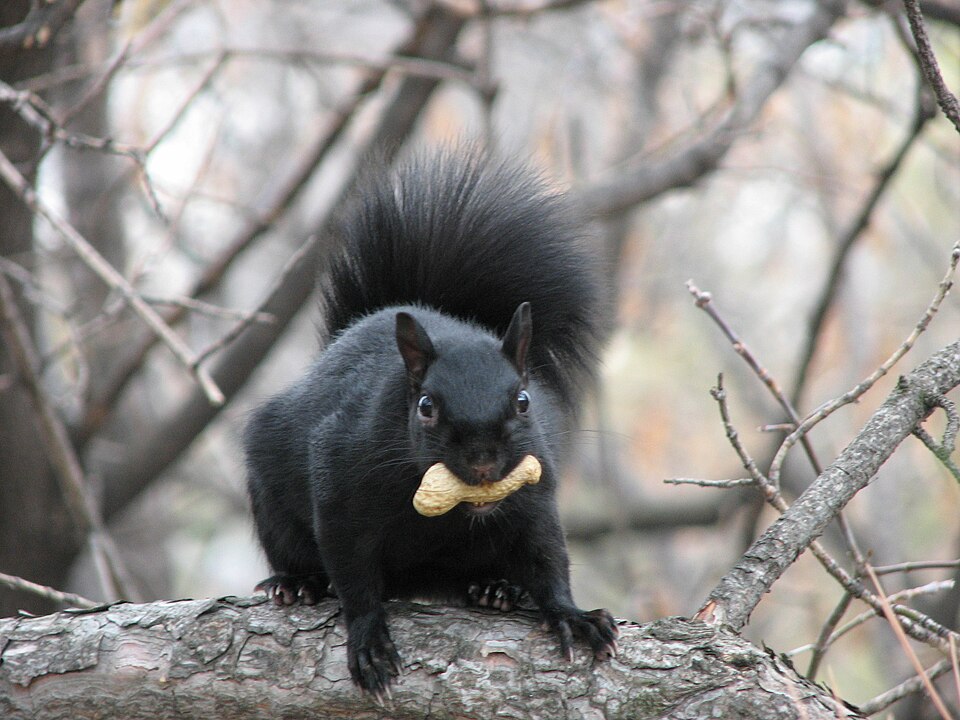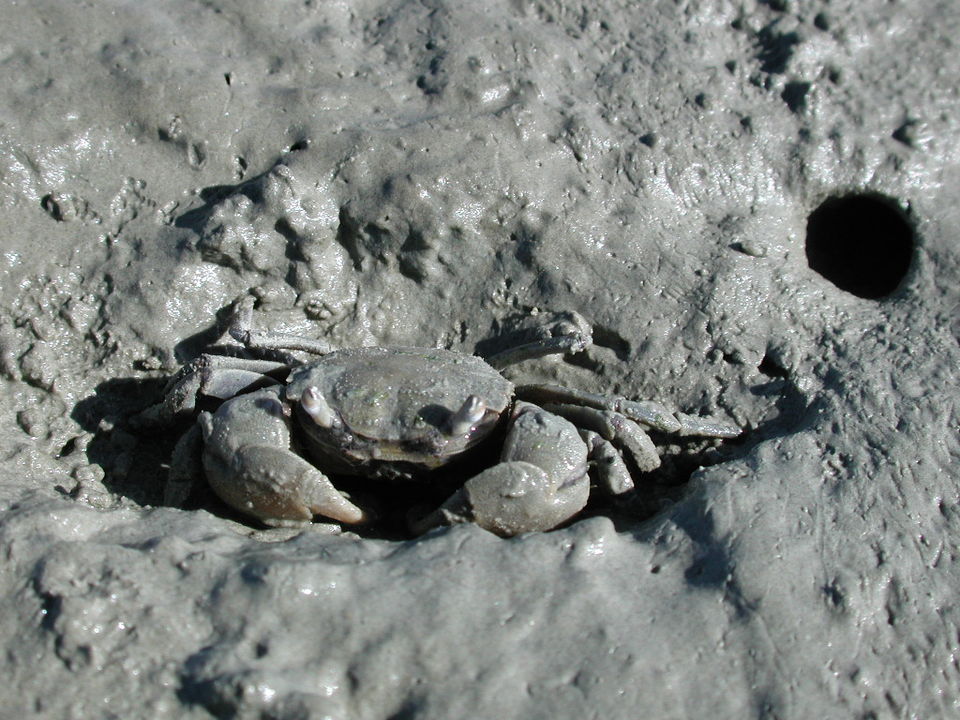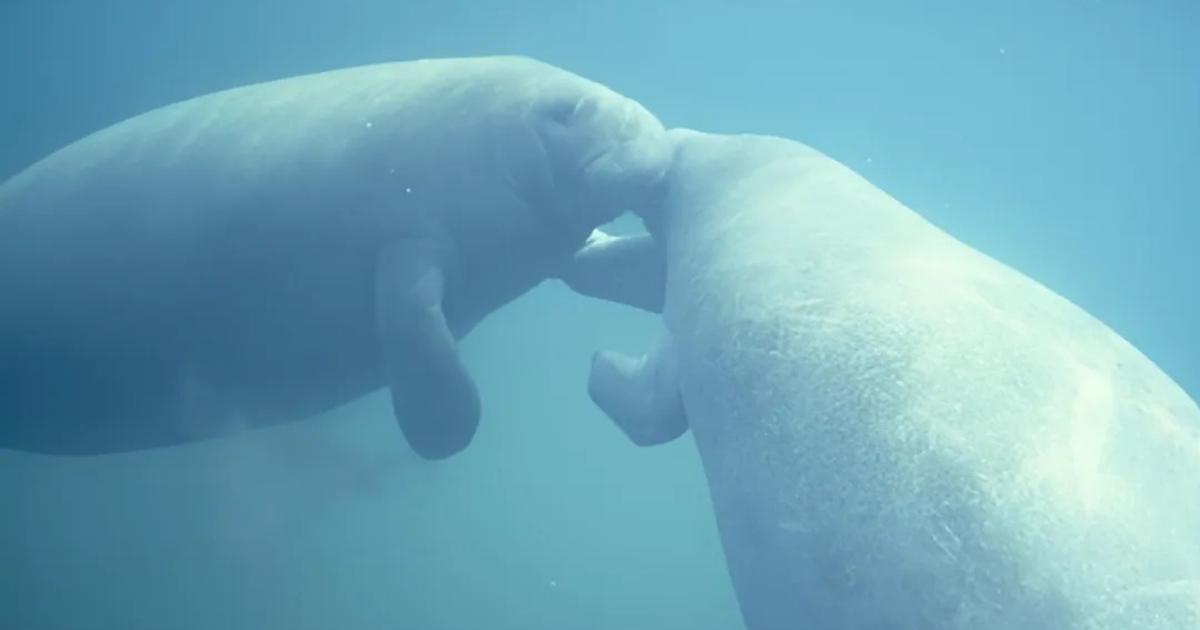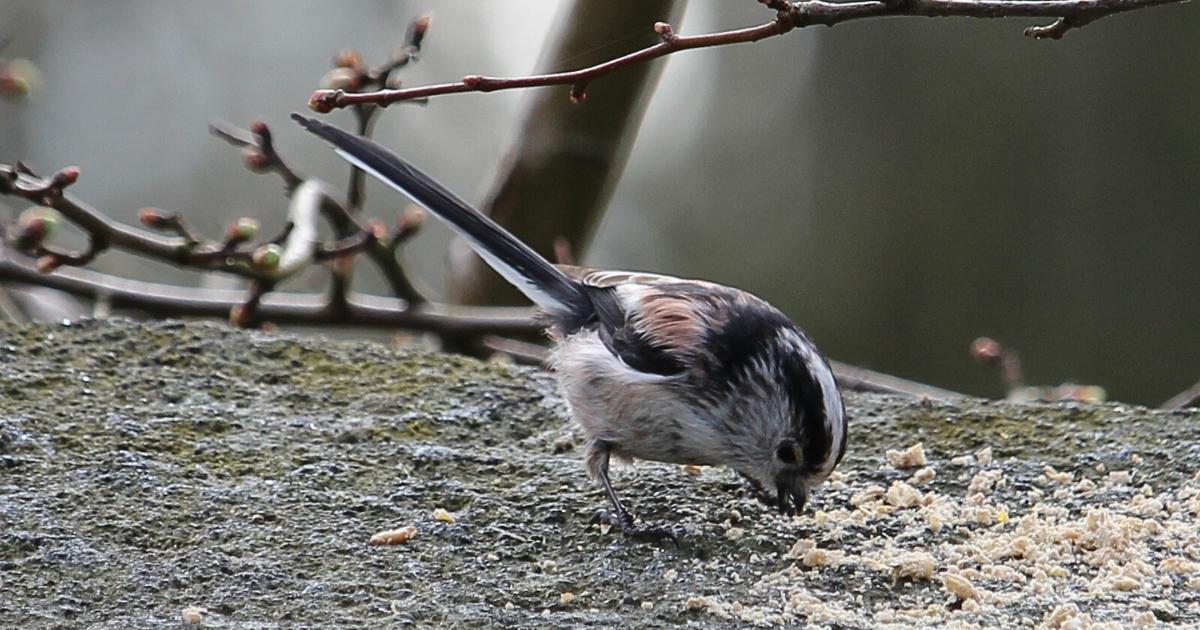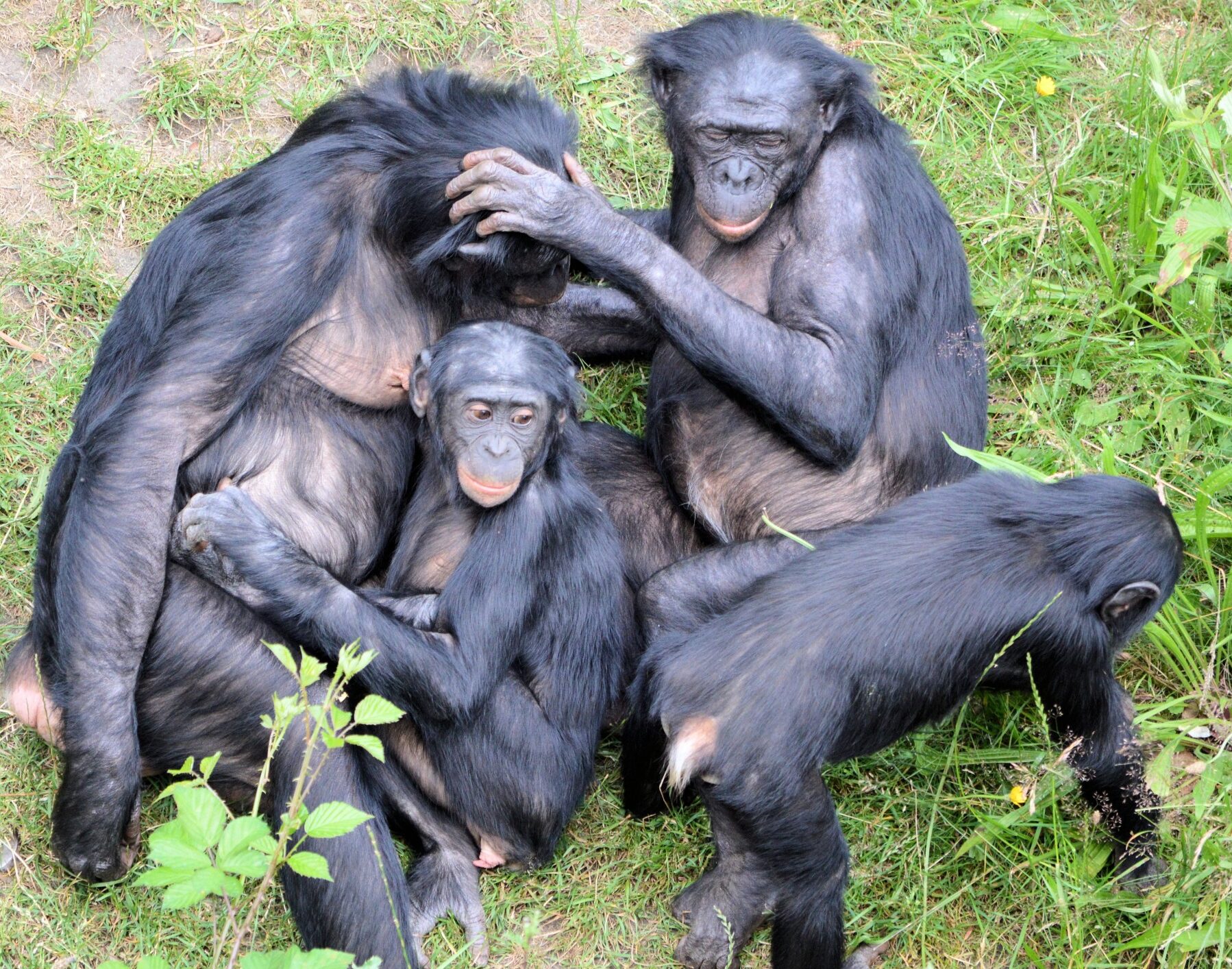In a world racing to adapt to climate change, trees face a daunting challenge: moving to cooler areas fast enough to survive. But they’re not alone. Gray squirrels, with their bushy tails and bold personalities, might be the unsung heroes in this race. A new study published in Global Ecology and Conservation reveals how squirrel personalities influence whether oak and hickory trees can migrate to new habitats in time.
Squirrels: The Picky Gardeners of the Forest
Researchers tracked 222 gray squirrels across the northeastern U.S., testing their behaviors and seed-handling habits. Using motion-sensor cameras and tiny wire tags on seeds, they discovered squirrels aren’t just nut hoarders. They’re selective gardeners.
Squirrels generally preferred hickory nuts, packed with fat and protein, were favored over acorns, and heavier squirrels tended to save more seeds for later. But scientists found the interactions went deeper.
As climate change is pushing trees like scarlet oak and shagbark hickory northward, squirrels are encountering unfamiliar seeds. What squirrels decide to do with these could mean the difference between a seed sprouting or becoming a snack.

Credit: JeffreyGammon – CC BY-SA 4.0
Decoding Squirrel Personalities
The study dives deep into what makes each squirrel unique. Researchers measured traits like boldness (time spent exploring open spaces), sociality (interactions with their mirror image), and stress tolerance (calmness during handling).
These personality tests revealed striking differences in how squirrels responded to novel seeds. Social squirrels adjusted their behavior based on competition, more often eating novel seeds more but saving native ones. That behavior could potentially slow tree migration.

Credit: Merz et al. (2025).
In contrast, more solitary squirrels buried were more likely to save novel seeds for later. Weight also played a role, with heavier squirrels acting as better seed dispersers, likely because they could carry seeds farther and prioritize long-term food storage over immediate snacks in comparison to lighter squirrels.
Why Personality Diversity Matters
The study warns that losing behavioral diversity in squirrel populations could disrupt seed dispersal. Urbanization and habitat loss might favor certain traits, like sociality, which could skew seed outcomes. Conservation efforts must protect the behavioral diversity of animals that spread seeds to ensure forests keep pace with climate shifts. The study shows squirrels are more than just backyard acrobats. They’re ecosystem engineers with personalities.
***
“Over the limit: Consequences of gray squirrel personality on the
shifting range limits of oak and hickory species.” Merz et al. Global Ecology and Conservation (2025).
Featured photo: A melanistic eastern gray squirrel (Sciurus carolinensis)
Featured photo credit: D. Gordon E. Robertson – CC BY-SA 3.0

